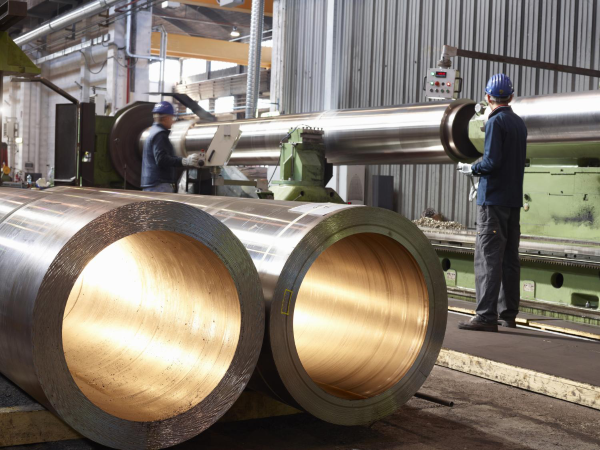The European Economic and Social Committee (EESC) has sounded the alarm over the existential crisis facing Europe’s steel and metals industry. With imports surging, US tariffs shutting down export routes and global overcapacity rising, the EESC warns that Europe risks losing not only its steelmaking strength but also its strategic autonomy, green transition and industrial security.

The scale of the crisis
Since 2018, EU steel production has plummeted by 31 million mt, while imports now command 27 percent of the domestic market. A key blow came in March 2025 when the US re-imposed 50 percent tariffs on EU steel, cutting off a vital market for 4.6 million mt of exports annually. This measure risks diverting 27 million mt of global steel flows toward Europe, with global overcapacity projected to surge to 721 million mt by 2027 - five times Europe’s annual production.
The EESC action plan
The EESC proposes a blueprint for saving Europe’s steel industry, with a mix of trade, energy and environmental measures:
- Tougher trade safeguards
- Import caps: 15 percent for flat & stainless steel, five percent for long steel.
- Universal tariffs applied to all countries, without exemptions.
- Strict “melted and poured” rules to stop circumvention.
- End carry-over quotas; enforce strong above-quota tariffs (ideally at 50 percent).
- Energy market reforms
- Immediate relief on energy prices for energy-intensive industries.
- Rebates on network tariffs.
- Dedicated hydrogen funding for green steelmaking.
- Fixing Carbon Border Adjustment Mechanism (CBAM)
- Close loopholes that allow circumvention.
- Maintain free allowances for exporters.
- Extend CBAM scope to downstream steel-intensive products.
- Protecting strategic scrap
- Monitor ferrous and aluminum scrap flows.
- Consider export duties or tariff quotas.
- Enforce stricter rules against illegal scrap exports.
What is at stake
While the US, China and India actively protect and invest in their steel sectors, Europe risks being left behind.
- Energy prices in Europe are two to three times higher than in China or India.
- Nine million mt of EU production were shut down in 2024 alone.
- Russia continues to export large volumes of steel into Europe despite sanctions.
Without decisive action, Europe could become the world’s dumping ground for high-emission, subsidized steel, devastating domestic producers, the EESC noted.
Conclusion
The EESC stresses that delay means defeat. It stated that Europe must act decisively with permanent trade defenses, energy market reforms, CBAM fixes and strategic raw material protection.